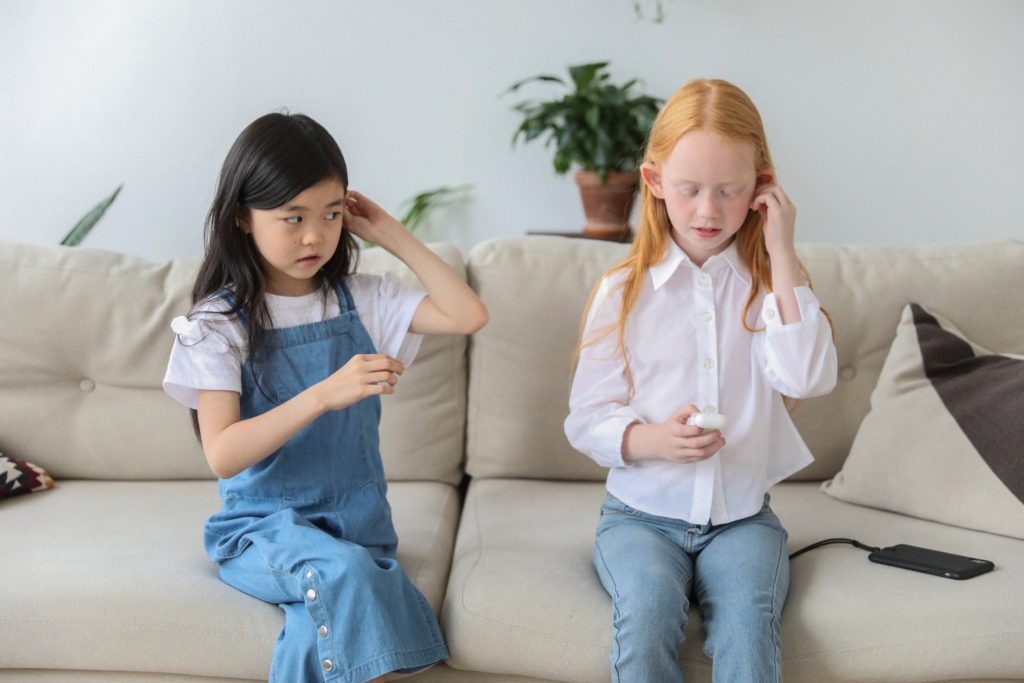
Hearing loss can affect adults and children at any age but this doesn’t mean it’s not challenging to adjust. Whether your child has been diagnosed with hearing loss early on, or it’s something that’s happened to them later in life, your support as a parent is paramount. In the majority of cases, hearing loss isn’t hereditary so parents also need to learn how to adjust to this issue and ensure their child is as happy and comfortable as possible. Here are a few tips on how to support a child with hearing loss.
Seek professional support
First of all, it’s essential to seek professional help. Take your child to an audiologist and find out as much information as you can. They will be able to give you plenty of tips and advice. Fortunately, there are also several government intervention services per state you can look into. These provide ongoing support to families living with hearing loss and have specially designed programs to guide parents and children of different ages.
Find ways to explore sounds
Try to find fun activities to help your child explore sounds. This is especially important if they’ve been fitted with a new hearing aid. For example, you could encourage them to get in touch with nature by going on a quiet walk through the forest. Get them to identify different sounds and match them to animals and birds. You could also try reading together and describing the pictures or singing songs.
Learn to communicate visually
Visual communication will help with any degree of hearing loss. Your audiologist will be able to give you advice on this. Always ensure your child is watching when you speak. It’s a good idea to crouch down to their height and make eye contact so they can lip read. Here are a few more useful communication tips.
Teach them how to adjust to their hearing aids
Life can be interesting for a first time hearing aid user. Sounds will be amplified and even their own voice will be different. Explain to them that this is normal and positive. It shouldn’t take long for your child to adjust to wearing a hearing aid and this can greatly improve their quality of life in the future. Let your child practice speaking to you at home and watching their favorite shows. You can then introduce them to new situations such as group conversations with background noise.
Inform friends, family, and teachers
Inform anyone your child may have interactions with about their hearing loss and give them a few tips on how to communicate. You might find teachers have had training in this matter but family members or friends may not be experienced in dealing with hearing loss. Share your experience about the professional tips and advice you’ve been given so that they can improve their quality of communication with your child as well. The more support your child gets from the people around them, the more quickly they’ll adjust to living with hearing loss.